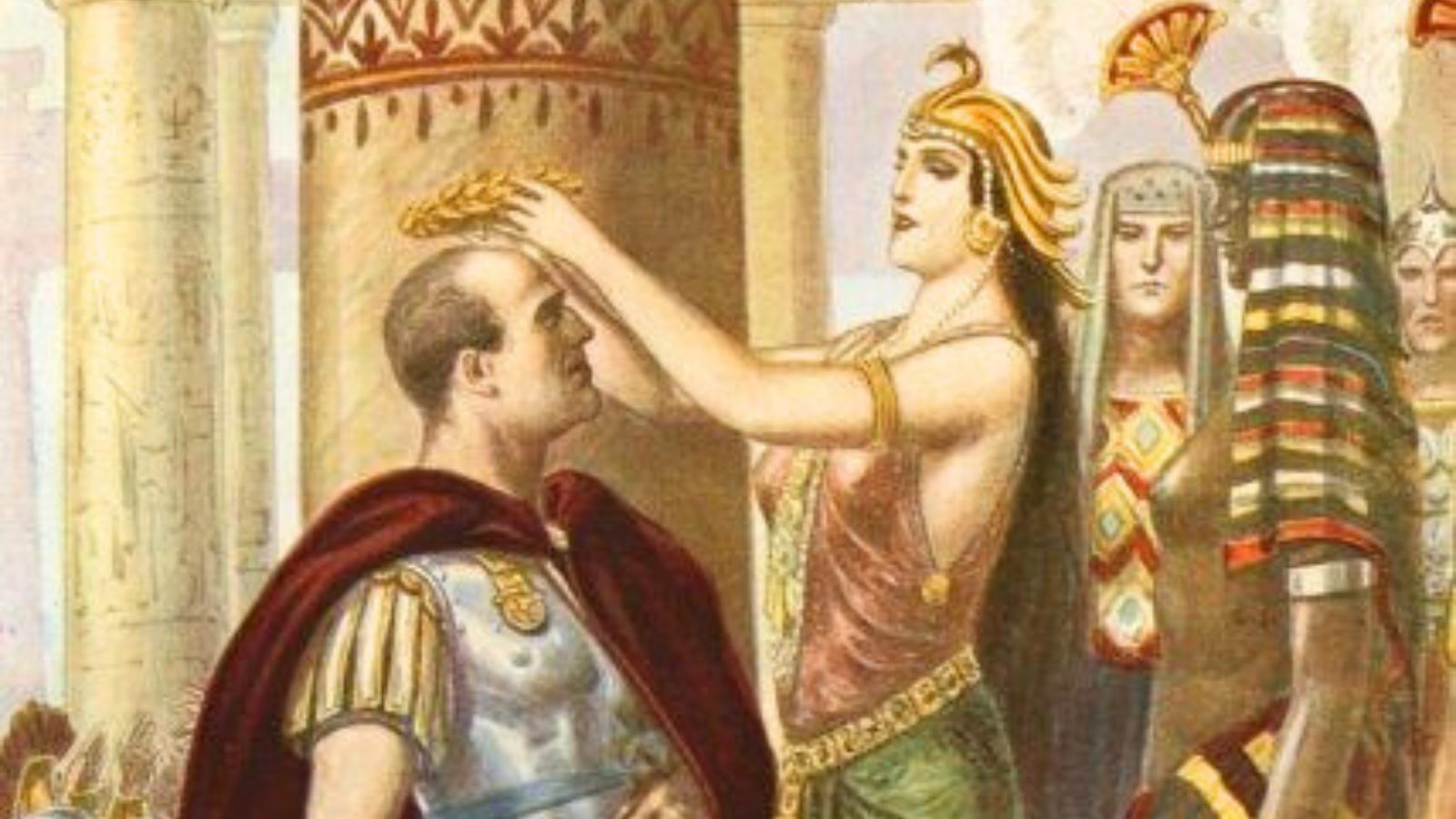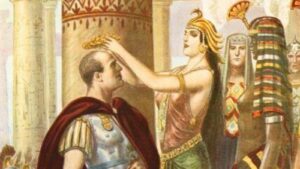12 Mysterious Powerhouses: The Leaders Who Secretly Shaped Our World
Have you ever noticed that “sharing is caring” sounds sweet until you realize it’s also how world history works? Someone shares a vision (or a threat), and suddenly—boom!—an empire is born or a revolution’s underway. Leadership is the ultimate group project, except the stakes are a tad higher than splitting a PowerPoint slide. From the marble halls of Rome to rallies echoing with chants for justice, transformative leaders step in, shake things up, and leave the rest of us to remember—or debate—them for centuries.
But here’s the wild, slightly awkward question: What actually makes a person a game-changing leader? Is it unwavering idealism, cold strategy, a really persuasive voice, or, let’s face it, just being at the right place at the wrong time? The answer? It’s complicated… and endlessly entertaining. Sometimes, visionaries inspire millions. Other times, their legacies stir up centuries of arguments at the family dinner table. Yet, one thing is always true. These people—flawed, brilliant, rebellious—leave a mark.
So, if you’re ready for an unconventional stroll through the corridors of power and protest, pour yourself some coffee, and prepare to be inspired, challenged, and probably surprised by these 12 leaders who didn’t just witness history—they rewrote it. Who knows—you might even spot a lesson or two for your next Zoom meeting (or at least some trivia to show off at happy hour).
Leadership has always played a pivotal role in shaping the course of history. From emperors who redefined empires to activists who inspired millions, these leaders changed the times. Their decisions, bold or controversial, altered the trajectory of societies and left lasting imprints on humanity.
But what defines a truly transformative leader? The answer is complex. Some leaders are celebrated for their vision and compassion, while others provoke debate with their actions and legacies. What’s undeniable, though, is their influence and ability to steer events in ways that still resonate today.
This list is a celebration of 12 leaders who made history in extraordinary ways. From revolutionary ideas to sheer determination, they shaped the world as we know it, leaving legacies that continue to inspire, provoke, and challenge us.
1. Julius Caesar

Image Credit: sergey lavrishchev / Shutterstock.com.
Julius Caesar reshaped ancient Rome, turning a fractured republic into the foundation of an empire. His military campaigns expanded Roman territory, while his reforms sought to address economic disparities and stabilize governance.
Yet, Caesar’s ambition also created powerful enemies. Declaring himself “dictator for life” led to his assassination in 44 BCE, but his impact endured. His leadership set the stage for the Roman Empire, influencing governance and law for centuries.
2. Cleopatra VII

Photo Credit: Major Reisman – CC0/Wiki Commons.
As Egypt’s last pharaoh, Cleopatra VII wielded intelligence and diplomacy to navigate a male-dominated world. Her alliances with Julius Caesar and Mark Antony were strategic moves to preserve Egypt’s independence.
Her reign ended with Egypt falling to Rome, but Cleopatra’s story lives on as a symbol of resilience and cunning. Her ability to hold her ground against one of history’s mightiest empires remains legendary.
3. Genghis Khan

Image Credit: chris piason / Shutterstock.com.
Genghis Khan forged the Mongol Empire, the largest contiguous empire in history. His military genius unified warring tribes and introduced innovative strategies that reshaped warfare.
Though his campaigns were often ruthless, they opened up trade and cultural exchange along the Silk Road. His leadership reshaped Asia and Europe, leaving an indelible mark on history.
4. Queen Elizabeth I

Photo Credit: Formerly attributed to George Gower – Heritage Auctions – Public Domain/Wiki Commons.
Elizabeth I’s reign brought stability to a nation rife with political and religious tension. Her defeat of the Spanish Armada in 1588 secured England’s dominance on the global stage.
Under her rule, the arts flourished, and England saw an era of exploration that laid the groundwork for an empire. Elizabeth’s ability to balance strength and diplomacy earned her a place among history’s greatest monarchs.
5. Mahatma Gandhi

Image Credit: hadescom / Shutterstock.com.
Gandhi’s philosophy of nonviolence was revolutionary and transformational. Leading India’s independence movement, he inspired millions to fight oppression through peaceful resistance.
His methods influenced leaders like Martin Luther King Jr. and Nelson Mandela, proving that profound change doesn’t always require violence. Gandhi’s legacy remains a testament to the power of perseverance and principle.
6. Nelson Mandela

Image Credit: mark reinstein / Shutterstock.com.
Nelson Mandela’s journey from prisoner to president is one of the most inspiring stories in modern history. His leadership ended apartheid and brought South Africa into a new era of democracy.
Mandela’s focus on reconciliation over revenge showed his commitment to unity and equality. His ability to forgive and lead by example made him a global icon for justice and peace.
Auto Amazon Links: No products found.















Post Comment